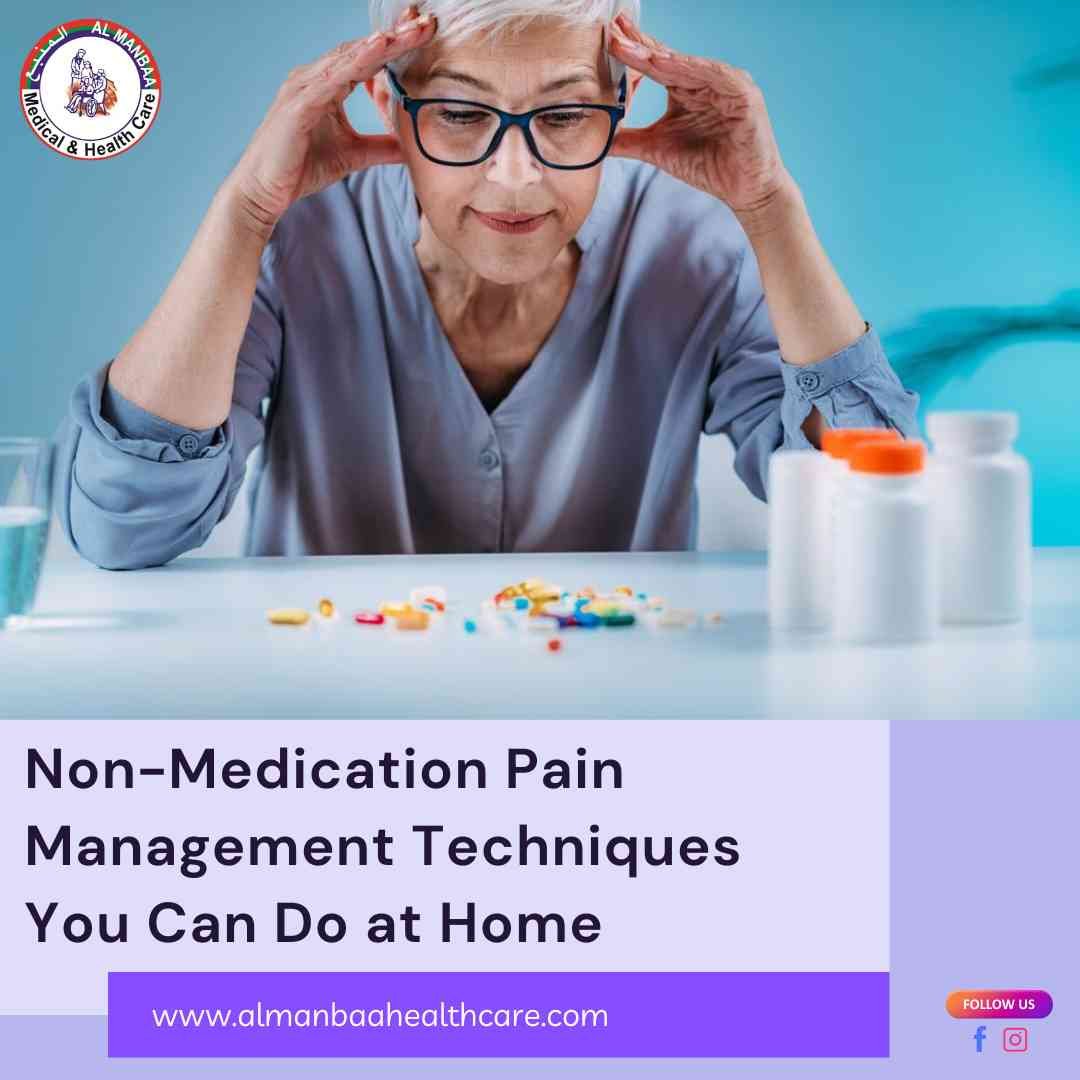


Living with chronic pain can be challenging, but there are many non-medication techniques you can try at home to manage and alleviate your discomfort. These methods can complement medical treatments and offer you more control over your pain. Here are some effective non-medication pain management techniques you can incorporate into your daily routine.
1. Mindfulness and Meditation
Mindfulness and meditation involve focusing your mind and eliminating the stream of jumbled thoughts that may be crowding your mind and causing stress. By practicing mindfulness and meditation, you can reduce the perception of pain and improve your overall mental well-being. Try dedicating a few minutes each day to sit quietly, focus on your breath, and let go of any negative thoughts.
2. Massage Therapy
Massage therapy can alleviate pain by reducing muscle tension, improving circulation, and promoting relaxation. You can perform self-massage techniques at home using your hands, a foam roller, or massage tools. Focus on areas where you feel the most tension, applying gentle pressure and kneading the muscles to relieve pain and discomfort.
3. Aromatherapy
Aromatherapy involves using essential oils to promote healing and relaxation. Certain essential oils, such as lavender, eucalyptus, and peppermint, have analgesic and anti-inflammatory properties. You can use these oils in a diffuser, add a few drops to a warm bath, or mix them with a carrier oil for a soothing massage. Inhaling the soothing scents can help reduce pain perception and improve your mood.
4. Acupressure and Acupuncture
Acupressure and acupuncture are traditional Chinese medicine techniques that involve stimulating specific points on the body to relieve pain. While acupuncture requires a trained practitioner, you can perform acupressure at home using your fingers to apply pressure to certain points. Research the appropriate points for your pain condition and apply firm pressure for a few minutes to experience relief.
5. Proper Sleep and Rest
Getting adequate sleep and rest is essential for pain management. Pain can interfere with your ability to sleep, and lack of sleep can worsen pain. Establish a regular sleep routine, create a comfortable sleep environment, and practice good sleep hygiene to improve your sleep quality.Techniques such as deep breathing, progressive muscle relaxation, and visualization can help you relax and fall asleep more easily.
Non-medication pain management techniques can be highly effective in managing chronic pain and improving your quality of life. Incorporate these methods into your daily routine and experiment to find what works best for you. Remember, it’s important to consult with your healthcare provider before starting any new pain management techniques to ensure they are safe and appropriate for your specific condition. By taking a proactive approach, you can gain better control over your pain and enjoy a more comfortable, fulfilling life.